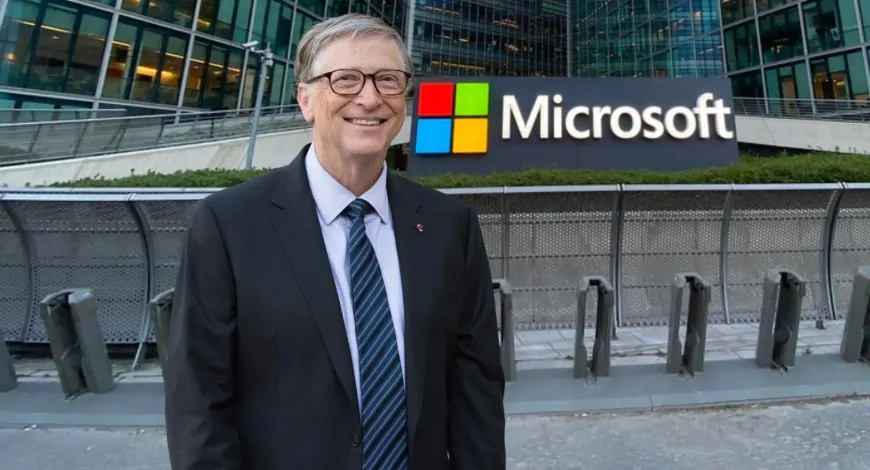How Bill Gates Intense Focus Built Microsoft From the Ground Up
Bill Gates gave up hobbies, social life, and even Harvard to build Microsoft. His all-in approach to success shaped one of the biggest tech companies ever.

In the mid-1970s, while most college students were balancing studies, social lives, and weekend parties, a young Bill Gates was consumed by a different obsession—building Microsoft. As a Harvard student in 1976, Gates had no time for distractions. No hobbies, no girlfriend—just an unrelenting focus on his vision of creating something groundbreaking.
Back then, the tech industry didn’t have a term for this kind of relentless dedication. In 2024, the phrase “founder mode” emerged, coined by Y Combinator cofounder Paul Graham, describing a hands-on leadership style where founders immerse themselves in every detail of their business. While Graham referenced Steve Jobs as a prime example, Gates had already lived this mentality decades before.
The All-Consuming Pursuit of Success
In his memoir, Source Code: My Beginnings, Gates vividly recalls his early Microsoft days, filled with 80-hour workweeks and an ever-present sense of urgency. He was a taskmaster, always pushing harder, fearing that if they let up even slightly, Microsoft would fall behind.
His world revolved around Microsoft, and his team was his entire social circle. He even questioned his cofounder Paul Allen’s level of commitment, believing he lacked the same relentless drive. Gates wanted a partner who could match his 24/7 dedication—someone he later found in Steve Ballmer, a fellow Harvard student.
The Difference Between Founders and Managers
Paul Graham later defined “founder mode” as the opposite of “manager mode.” While managers focus on delegation and oversight, founders in “founder mode” immerse themselves in every aspect of their company, personally ensuring excellence.
Airbnb cofounder Brian Chesky described it best: “Great leadership is presence, not absence.” Gates embodied this principle, staying deeply involved in Microsoft’s operations rather than stepping back into a managerial role.
Leaving Harvard to Build a Tech Empire
By early 1977, Gates made a defining choice—he left Harvard to pursue Microsoft full-time. The decision wasn’t easy, but his work ethic and hands-on approach laid the foundation for one of the most successful technology companies in history.
“Yes, it was exhausting,” Gates later wrote, “but it was also exhilarating.” His dedication in those early years turned Microsoft into a global giant, proving that success often comes at the cost of total commitment. Long before “founder mode” became a buzzword, Gates had already mastered it.
Also Read: Microsoft Announces $80 Billion Investment in AI Data Centers by 2025































































